- Snowberry Clearwing (Hemaris diffinis) Flickr Creative Commons
Fungicides can reduce, hinder pollination
potential of honey bees
Fungicide recommendations suggest that fungicides should not be applied to fruit and nut trees
when honey bees or blue orchard bees are flying or when pollen is being shed.
However, some fungicides alter the foraging behavior of bees and can be toxic to adults or larvae.
. Fungicides can interfere with pollen tube germination and damage the stigmas of flowers.
This can result in fewer cross-pollinated flowers and reduced yields.
During the 2008 almond bloom, scientists at the USDA-ARS Carl Hayden Bee Research Center,
Tucson, Ariz., studied the effects of supplemental protein feeding on honey bee colonies during
almond pollination in the Bakersfield, Calif., area.
Just past full bloom one grower sprayed Propiconazole, a broad spectrum fungicide, on every
other row during daylight hours. Applications were repeated for several days since the fungicide
was not applied prior to bud break due to poor weather.
The bees stopped foraging along the sprayed rows. The week after the spraying, given the weather
conditions and number of open blossoms, only about half of the honey bees that should have been
foraging on the almond blossoms were actually on the blossoms. In addition, dead bees were
found outside of several colonies which suggested the sprays were toxic to the bees.
http://westernfarmpress.com/fungicides-can-reduce-hinder-pollination-potential-honey-bees
The Pollination Nation display emphasizes the importance of bees.
"Approximately three quarters of all flowering plants rely on animals, mostly insects, for pollination," the display
reads. "Wild insect pollinators include bumble bees, flies, solitary bees, butterflies, ants,
beetles and wasps.”
“Farmers rely heavily upon the managed colonies of the European honey bee (Apis mellifera)
to pollinate crops. Not only do honey bees help produce our food but they also provide us
honey and wax. Recently honey bee colonies have been dying off and their numbers are
declining. Disease and mites may be the root of the problem, but insecticides and habitat
loss also pose serious threats.”
Researchers at UC Davis, Kimsey explained, are trying to "understand and solve the
problems of declining pollinators, both native and domesticated, by studying their
taxonomy, ecology, life history traits, diseases and behaviors."
Where to find Honey Bee farms:
http://www.crownbees.com/
http://honeybeesguide.com/mail-ordered-honey-bees.html
http://www.honeybeesonline.com/queens.html
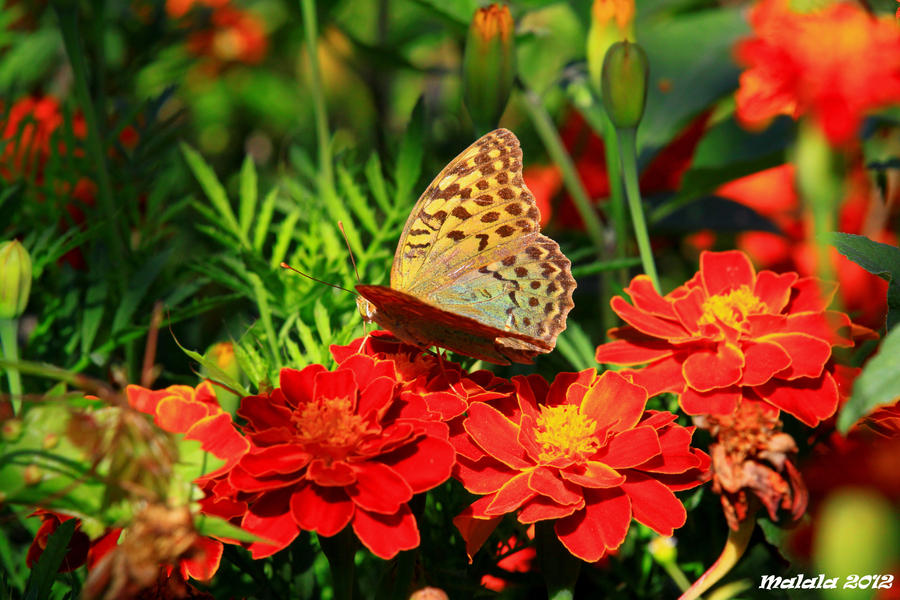

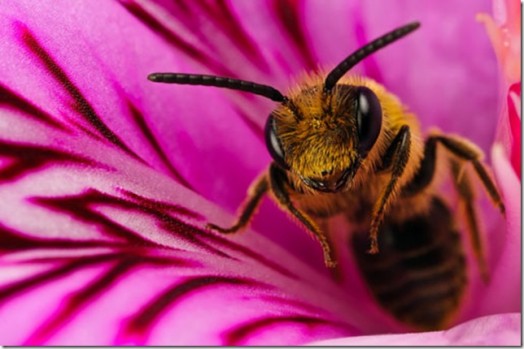
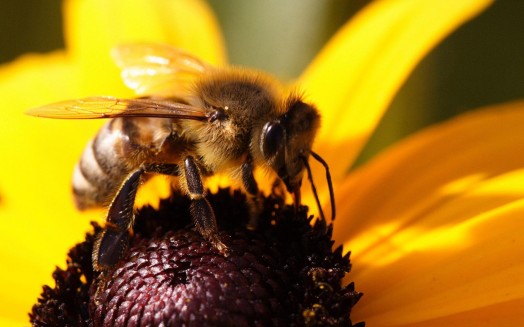
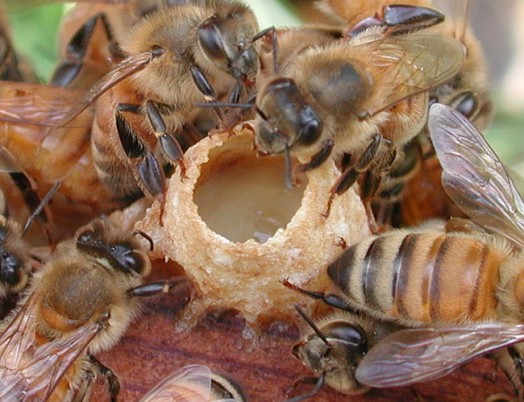
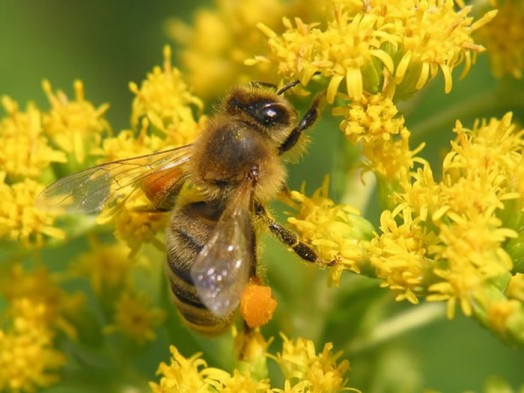

No comments:
Post a Comment